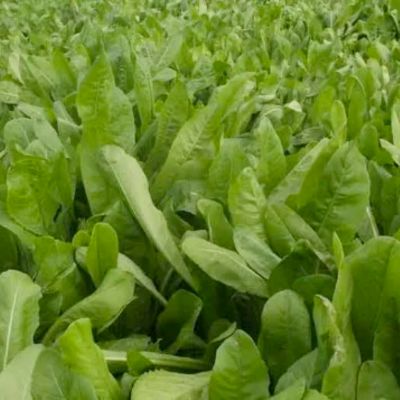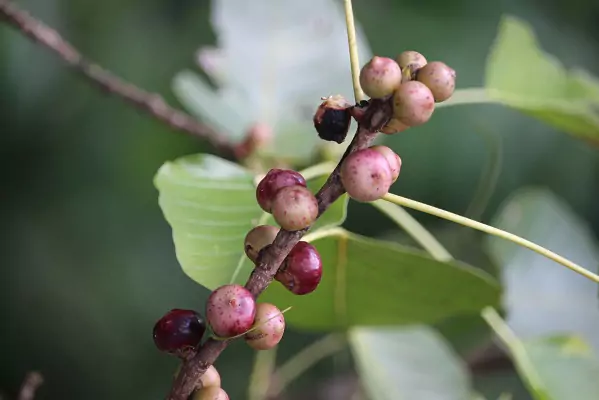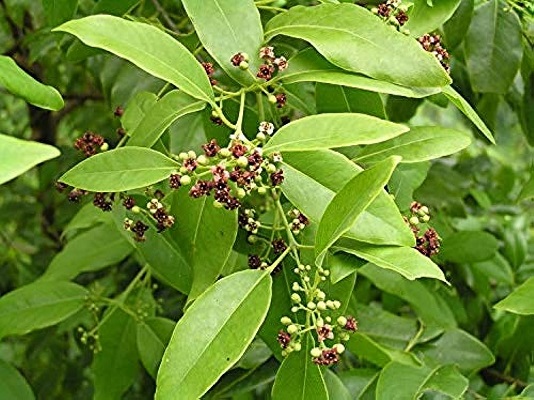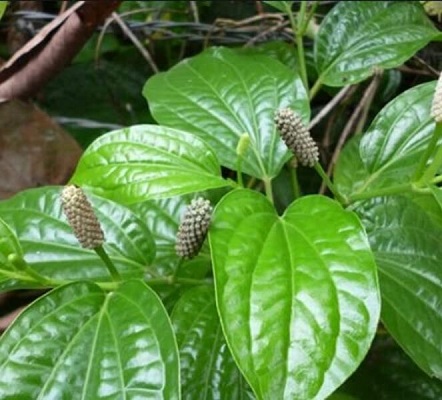On This Page
Aswatha (Ficus religiosa) – Uses and Benefits
Introduction
Aswatha is commonly known as Sacred fig. It is also known as Peepal tree. This plant has religious significance in India. In Sanskrit it is also known as Pippala.
Dr. Gupta’s IAFA has been continuously working on the plant Aswatha for discovering more medicinal properties the plant. Our experts found out that the plant can act as antiulcer, antibacterial, antidiabetic, antibacterial, anti-diarrhoeal, antiprotozoal, antiviral agent. It is used in the treatment of gonorrhea and skin diseases, cancer, inflammation, or infectious diseases, fever, asthma etc.
Action of Aswatha – Ficus religiosa in Allergies
IAFA has been conducting various studies on Aswatha found out the antiallergic and anti-inflammatory actions of the plant. The various chemical constituents present in this plant shows anti-inflammatory activity. Aswatha is very useful in skin diseases by its anti-inflammatory and anti-histamine activity.
Vernacular Names
| Sanskrit Name | Pippala,Aswatha |
| Hindi Name | Pipal |
| English Name | Sacred fig |
| Malayalam Name | Arrayal |
| Kannada Name | Aralimara |
| Telungu Name | Ravichettu |
Botanical Name
Ficus religiosa
Family
Moraceae
Morphology of Aswatha – Ficus religiosa
- Large, deciduous tree
- Leaves – simple, alternate, coriaceous, shining, long petioled, ovate – rotund, new leaves are coppery coloured
- Flowers – unisexual, inflorescence a syconia, receptacles in pairs, axillary and sessile
- Fruits – small fig
Ayurveda Reference of Aswatha – Ficus religiosa

Geographical Distribution of Aswatha – Ficus religiosa
Aswatha is found all over India especially in sub tropical and tropical forests and sub Himalayan tracks.
Phytoconstituents of Aswatha – Ficus religiosa
The phytoconstituents found in Aswatha are phenols, tannins, steroids, alkaloids and flavonoids, β-sitosteryl-D-glucoside, vitamin K, n-octacosanol, methyl oleanolate, lanosterol, stigmasterol, lupen-3-one, essential amino acids, isoleucine, and phenylalanine, phytosterolin, albuminoids, carbohydrate, fatty matter, kaempeferol, quercetin, and myricetin, carbohydrate, protein, lipid, calcium, sodium, potassium, and phosphorus. The aqueous extract of bark of Aswatha contains phytosterols, flavonoids, tannins, bergapten and begaptol.
Parts Used of Aswatha – Ficus religiosa
- Bark
- Fruit
- Leaves
Dosage of Aswatha – Ficus religiosa
- Decoction – 50 – 100 ml
- Powder – 3-6 gms
Medicinal Properties of Aswatha – Ficus religiosa
- Varnya – Improves body complexion
- Vrunaropana – Relieves ulcers
- Rakthasamgrahana – Arrest bleeding
- Yonivisodhana – Cleanses uterus
- Kaphaghna – Pacifies Kpha dosha
- Pittaghna – Pacifies Pitta dosha

Have A Health Issue?
Consult Online
- Dr. Sahil Gupta (B.A.M.S., M.H.A.)
Ayurvedic Allergy Specialist
CEO & Founder of IAFA®
Home Remedies of Aswatha – Ficus religiosa
In Ayurveda the treatment of different kinds of diseases are done by naturally availing non toxic drugs. We are continuously working on these plants to find out its pharmacological actions. IAFA have done so many studies on the plant Aswatha and found out that it has wide range of actions. Some of the home remedies are given below.
- Heart diseases (Hrudroga) – Soaking of leaves overnight and consumption of its extracts thrice a day.
- Wound healing (Vruna ropana) – Leaves are tied over wound.
- Constipation – 5 gm of powder of leaves taken along with jaggery and Hingu for 3 days.
- Fever (Jvara) – Jucice from 5 leaves of Aswatha is taken and mixed ½ glass of milk and taken internally for 3 days.
- Jaundice – The extract of leaves of Aswatha is taken along with Tippali powder for 7 days.
- Nasal bleeding – Few drops of leaves sap is putted on the nostrils.
- Skin diseases – Paste of bark powder is mixed with honey is applied externally for 7 days.
- Mumps – Bandage of leaves coated with ghee for 3 days
Dr. Gupta’s IAFA provides safe, pure and non toxic Ayurvedic medicines. Our treatment protocols are completely based on Ayurvedic principles. According to Ayurveda each and every plants in the world has its own medicinal properties. Samhitas, Ayurvedic texts explains the properties and actions of almost all the plants. We are mainly focus on alleviating allergic disorders by using naturally available herbs which have less to no side effects. We can assure the safety of our customers as we are subjecting our products to various tests.
Reach IAFA for safe herbal remedies for all your ailments!!!
Was this Page Helpful?
Read More Articles
-

Kasini (Cichorium intybus)
Know about the uses, benefits, and medicinal properties of Chicory, Kasini (Cichorium…
-
-









